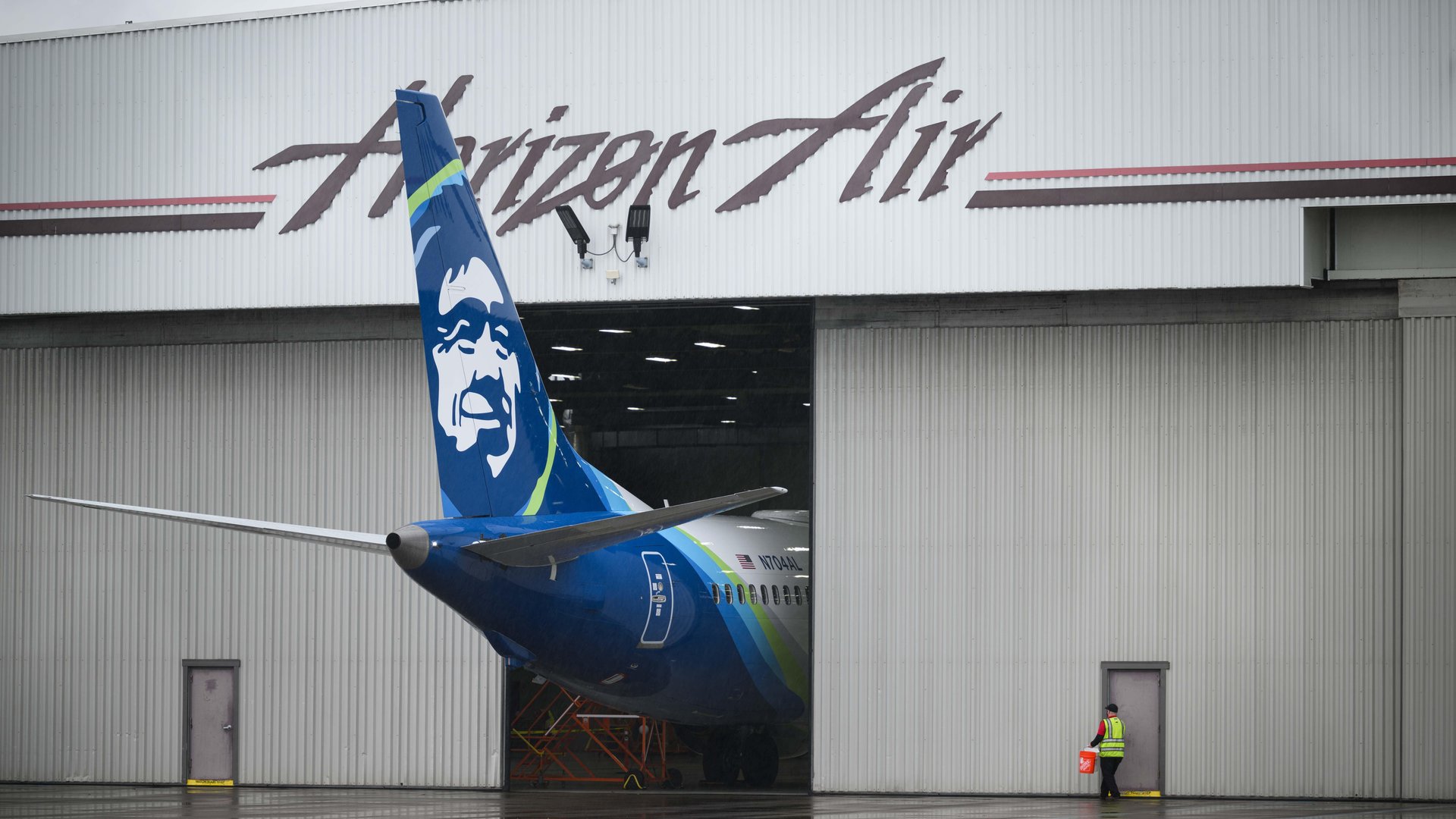The airlines with the greatest share of Boeing's second troubled model
The Federal Aviation Administration said airlines should inspect their 737-900ER planes

A second Boeing airplane model is officially under scrutiny: the 737-900ER.
Suggested Reading
The US Federal Aviation Administration (FAA) told airlines on Sunday (Jan. 21) that they need to check their fleet of 737-900ER for issues with an aircraft part called a door plug. This has the biggest implications for Alaska Airlines, the US carrier with the largest share of 737-900ERs in its fleet.
Related Content
Boeing feels the heat
Boeing is already on the hot seat for issues with its 737 Max 9 airplanes. That’s because a door plug flew off of a Boeing 737 Max 9 plane during an Alaska Airlines flight on Jan. 5, forcing Alaska and United Airlines to ground all planes of that model until further notice and cancel hundreds of flights. Meanwhile, passengers aboard the tumultuous Alaska Airlines flight have sued Boeing, and the US aircraft manufacturer’s production processes are under investigation by the FAA.
Which airlines use the 737-900ER?
The FAA recommended that operators perform a visual investigation of their 737-900ERs because that model uses the same door plug designs as the 737 Max 9. In the US, the 737-900ER planes are flown by Alaska Airlines, Delta Air Lines, and United. Internationally, they’re used by Indonesia’s Lion Air, Turkish Airlines, and Israel’s El Al, among others.
Boeing has made 500 deliveries of the 737-900ER in the past 17 years, with the most recent ones in 2019. About 380 of those aircraft, mostly in the US, have door plugs, a source familiar with the company told Quartz.
Boeing said it “fully support[s] the FAA and our customers in this action.”
A breakdown of how many 737-900ERs are in use by major US airlines
Delta has the most 737-900ERs.
Although Alaska Airlines has fewer 737-900ERs than Delta and United, its fleet is smaller. So Alaska actually has a higher share of the model than any other airline, with 737-900ERs making up about 25% of its fleet.
Airlines and investors react
Alaska, United, and Delta said in statements that they began investigations of their 737-900ERs before the FAA issued its announcement. The operators said their inspections won’t impact operations.
Alaska said its “foundational value is safety” and that it’s using “an abundance of caution.” Sadly for the company, though, investors seem wary of its troubles, even if they’re the fault of Boeing. Alaska Airlines shares are down 9% from the start of the year, trading at $35.15 on Monday (Jan. 22) afternoon, though they picked up nearly 1% from Friday (Jan. 17).
Delta assured the public that its aircraft are “inspected frequently and rigorously.” Delta shares were unaffected by the news, up 0.7% from market open Monday.
United stock was up 0.3% to $38.95 on Monday, but down 4.6% year-to-date.
Boeing shares have faced a much worse fate—sinking nearly 17% since the start of 2024. The aircraft maker’s stock edged down a modest 0.7% on Monday, to $213.57.
